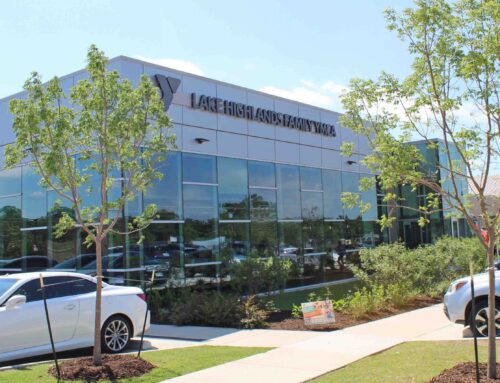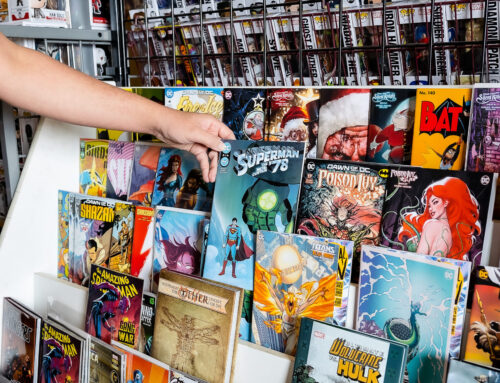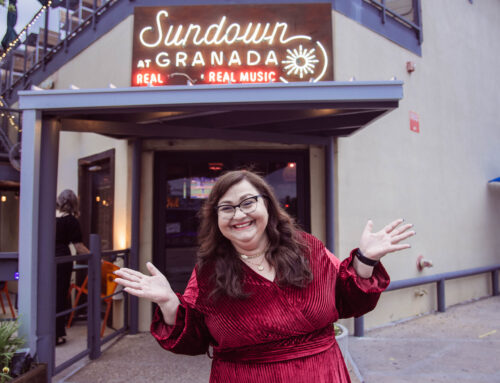The hotel we’re building Downtown sounds like a pretty first-class joint, according to a sneak preview afforded the DMN by the accommodating folks at Omni, who we’re paying to managed the hotel. Scheduled for completion in January 2012, the 1,001-room hotel will have 80,000 square feet of meeting space and TVs hidden in bathroom mirrors. The first event scheduled there is the American Library Association convention, which will utilize 900 rooms and all of the meeting space, Omni reports. The place sounds pretty nice, that’s for sure, but for $500 million, give or take, perhaps we should expect that.
During yesterday’s city council budget debate, which resulted in a tentative vote to raise property taxes, mention was made of the hotel and the Trinity Tollroad as “big-ticket” items that have snatched too many city resources, necessitating a tax increase just to pay for basic services such as street repairs and library and rec center operation. Unfortunately, the way the city budget is crafted makes that a difficult argument to support or debunk, because in the $500 million hotel budget, the hotel has a built-in reserve to fund losses, and we keep spending money on Trinity for planning, if nothing else.
The argument makes sense, though, if you look at it from the perspective of a homeowner: If I own a $250,000 regular house, it’s going to cost me a certain amount of money just to live there, what with principal and interest on the mortgage, insurance, maintenance, utilities and other incidentals, including taxes. But if I decide I want to live in a $750,000 house instead, I’m consciously trading up, but I’m also subconsciously committing additional resources to maintain what hopefully will be a bigger and nicer home and lifestyle. Perhaps we could call it a world-class lifestyle.
The cost of living in a bigger house is simply higher, even if I go ahead and pay off the mortgage with money I’ve inherited. Sure, I may not have a monthly payment, but that inherited money is now “invested” in my pricey house. If thing go bad at work and I find myself unemployed or underemployed, I can’t use the inherited money to pay daily expenses because now it’s locked up in the house. Suddenly I have to start whacking away at Starbucks money and clothes and getting rid of my monitored alarm system at home or selling off a car and cutting back on vacations and maybe even (heaven forbid) considering public school for the kids. There are only so many resources to go around for most of us, and a big investment in something like a house (or a convention center or a tollroad) sucks up money that could have been used elsewhere. And if things are really bad, I can’t even sell the house for anywhere near what I’ve paid for it; I’m trapped, to a certain extent.
Now the hope is that the $750,000 home will appreciate in value more quickly than my old $250,000 home, but that doesn’t do me any good today when I need additional resources. So I have to reach into savings to pay the daily bills or, in the event I don’t have any savings (or in the city’s case, enough savings), I need to raise some money somewhere else, such as from another wealthy relative (or a property tax increase).
I’m not saying that I favor a tax increase; I’m just trying to rationalize how we got here in the first place.
People Downtown can argue all day that the hotel will pay for itself and that the Trinity Tollroad will be the greatest thing to ever happen to the city, and we can pat ourselves on the back over and over again every time we tell ourselves that we’re doing what it takes to make Dallas a world-class city. But the bottom line is that today we need money to pay for essentials, and we’re being told by everyone Downtown — on both sides of the property tax debate — that after setting aside public safety, maintenance and debt service money there’s nothing else to eliminate from the city budget.
Our choice now appears to be simple: Either believe them or vote them out.





